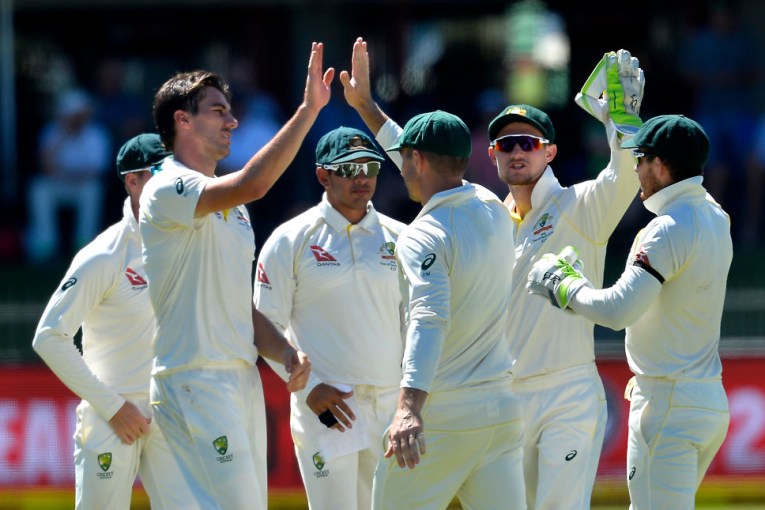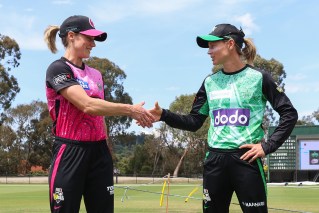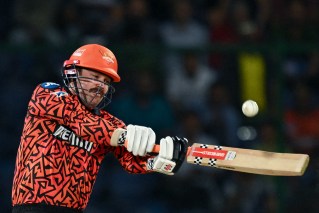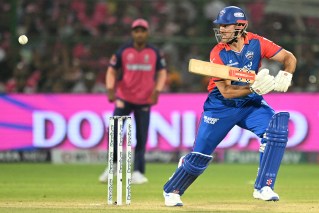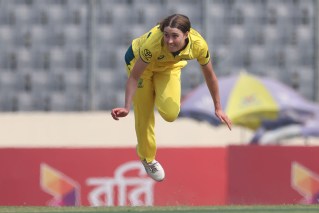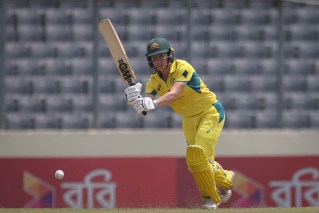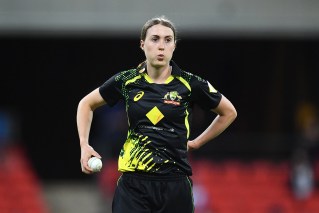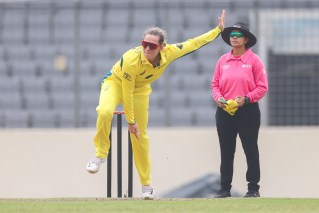Cricket Australia mulls responses to future smoke and climate disruptions

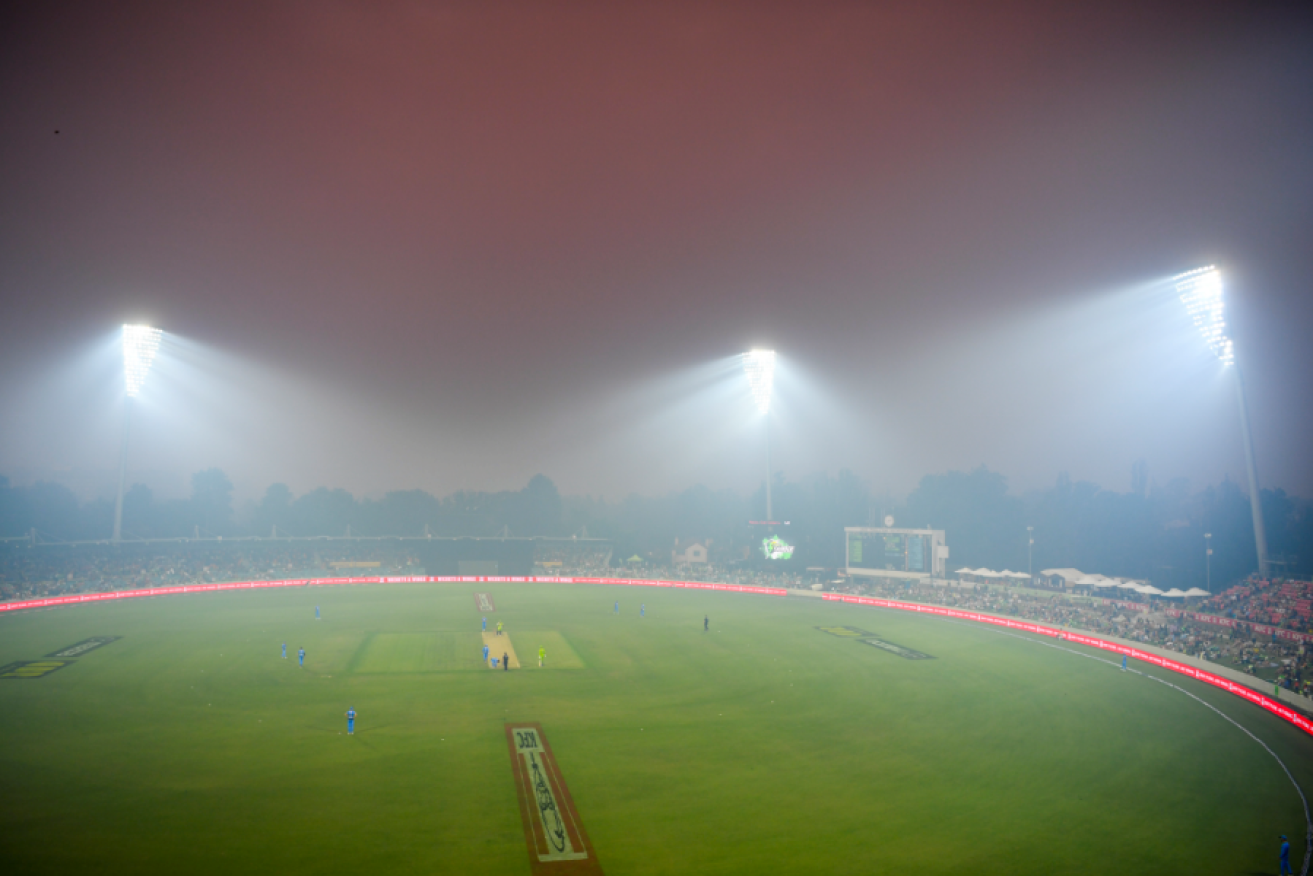
Canberra's airr quality has only grown worse since bushfire smoke shut down a Big Bash match in mid-December. Photo: AAP
Cricket Australia and the players’ association are developing an air quality policy as the sport confronts the extreme conditions posed by bushfires and a changing climate.
Saturday night’s abandoned Big Bash match in Canberra was an unprecedented event in modern Australian cricket, as smoke engulfed Manuka Oval.
The game was called four balls before Sydney Thunder would have likely claimed victory over Adelaide Strikers on DLS method, with the points shared.
Smoke is treated like rain or bad light, with players able to be taken from the field if conditions are deemed unsafe or if visibility is an issue.
The Sydney Test is less than two weeks away, with most of NSW having been affected by bushfires for the past month and with no end in sight.
The umpires have met and decided to halt play due to the smoke at Manuka Oval #BBL09 pic.twitter.com/LuXL0fyToc
— KFC Big Bash League (@BBL) December 21, 2019
Some men’s and women’s Sydney grade matches have been called off with the support of Cricket NSW in recent weeks, with paramedics called to at least one game for non-asthmatic players.
The SCG was smothered by smoke in a recent Sheffield Shield match, however, play continued as NSW spinner Stephen O’Keefe labelled conditions “shocking” and “toxic”.
CA has not previously had a smoke policy and relies on a mixture of guidelines from the ICC, state governments and Australian Institute of Sport for officials to make decisions.
It’s understood the goal is to change that, with early work having begun in the past month on developing protocols for future summers.
CA’s chief medical officer Dr John Orchard is involved, as is Brendan Drew at the Australian Cricketers’ Association who are in constant dialogue with players.
Those protocols should help eradicate any grey areas, where there are differences between the ICC’s guidelines and government recommendations.
The AIS considers an air quality index reading of 150 hazardous for endurance of high-intensity exercise while some state governments consider 200 as hazardous and ICC 300.
“Cricket Australia, alongside relevant state cricket associations and BBL clubs, is closely monitoring the air quality and visibility in areas impacted by bushfires,” CA said in a statement.
“As the safety of players, fans and staff is our No.1 priority, the guidelines state what needs to be measured and looked for.
“We will constantly monitor the situation and be prepared on the ground in the case of any circumstance, as we know conditions change very quickly in these scenarios.”
AQI across Canberra has been hovering between 1,000 and 1,400 for 24 hours. For perspective, when New Delhi hit global headlines last month for its unprecedented air pollution levels, it's AQI was 900. Beijing often sits in the 100-150 range. #Canberra #Smoke #NSWfires pic.twitter.com/cBJglV5qq9
— Luke S. Hennessy (@LSHennessy) December 20, 2019
Smoke has become an issue in a number of sports across Sydney.
Some NRL and A-League clubs have had to move the timing of training sessions or even take them indoors to deal with the conditions.
BBL matches played in bushfire areas are also having the air quality assessed an hour before scheduled start times.
Players in Saturday’s abandoned match noted it was more difficult to breathe than normal.
Thunder coach Shane Bond admitted the situation is a tough one for CA given its unprecedented nature.
“It’s brand new. How do you put protocols in place … what’s an appropriate level of haze or smoke to play in?” Bond said.
“It’s really, really hard.”
-AAP
